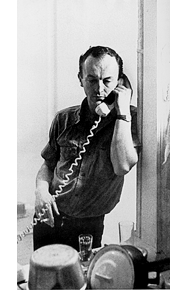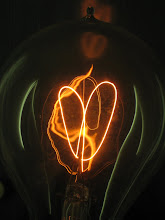Treasure Island
Robert Louis Stevenson
I was hoping that Treasure Island would be a palate cleanser of sorts. After failed book after book, I actually managed to make it through this in varied 20-30 minute bouts of reading.
What I liked: an actual plot. I'm so immersed in literature that prides itself on a non-traditional plot that I'm bubble-gum-brained-drawn-to a story arch that actually builds. The narrative frame was helpful, too, because I never got lost, even when I fell asleep in the middle of chapters or read half-paying attention to the tv (Take that, Beckett!).
My favorite thing? The preface and afterward. Seriously. Reading about Stevenson's life was preferable to the story itself. Reading criticisms about how his characters purposely are drawn flat, without women, etc was the highlight of the whole thing.
Not to mention my husband's excitement in explaining how this single book began the modern pirate phenomenon we know and love today.
YaaArRrggG. Now I'm hankering for Disneyland. And I've learned quite a bit more about my reading habits, curiosities and interests (Not that I ever really questioned them).
+++
Book five will be something a bit more to my taste. The choices are accumulating.


